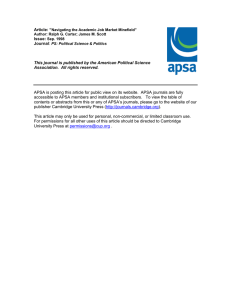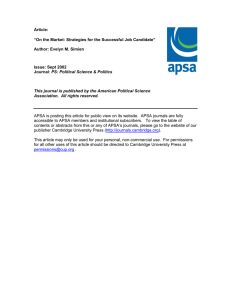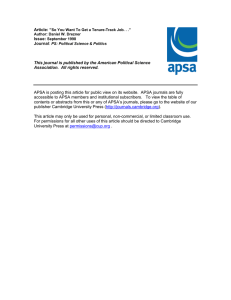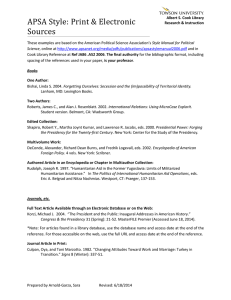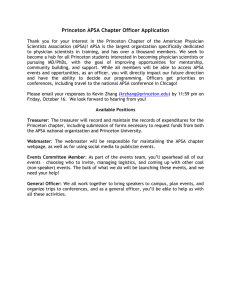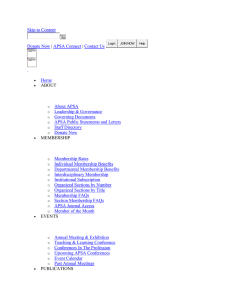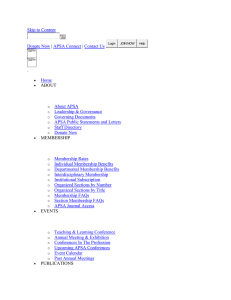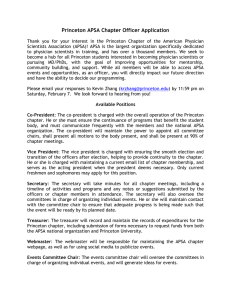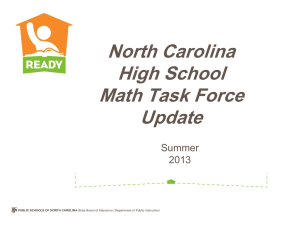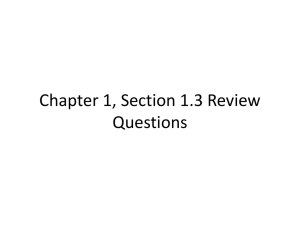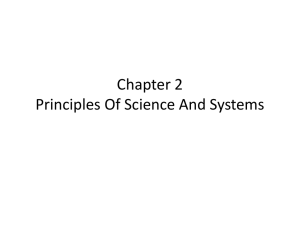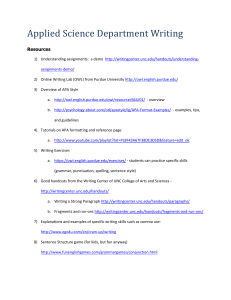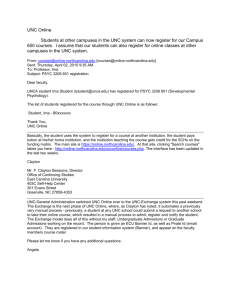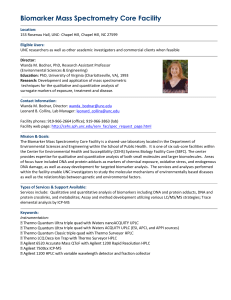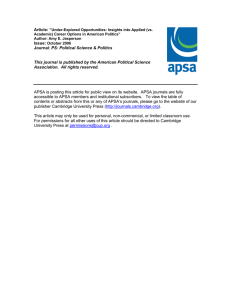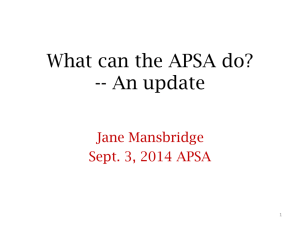Writing About Political Science
advertisement
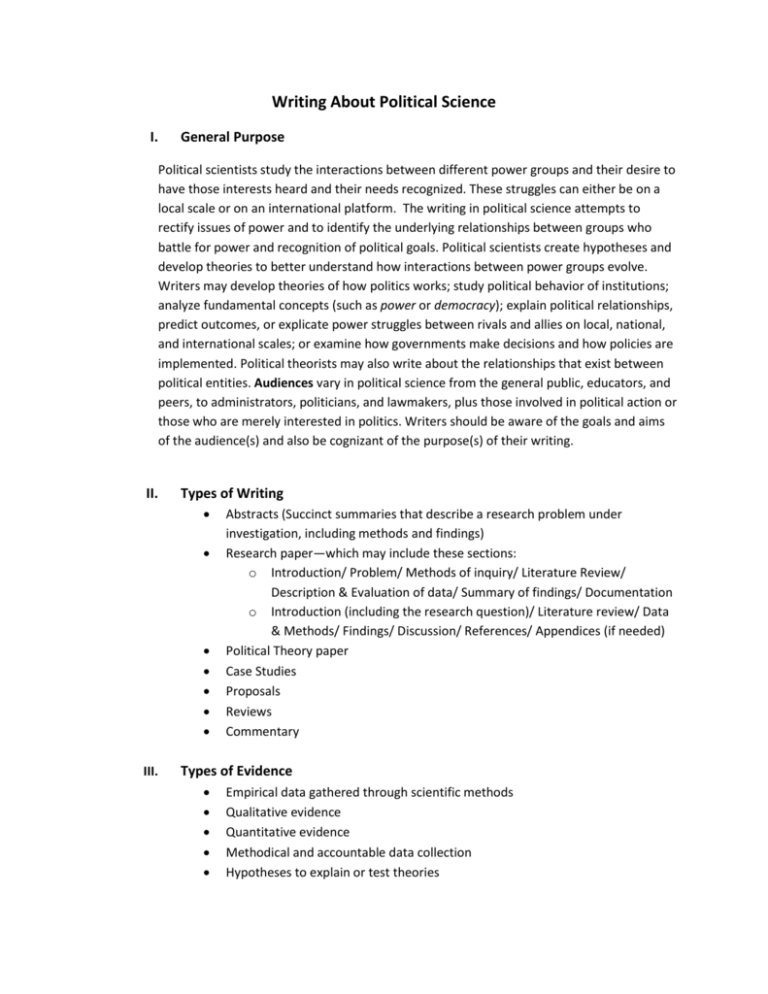
Writing About Political Science I. General Purpose Political scientists study the interactions between different power groups and their desire to have those interests heard and their needs recognized. These struggles can either be on a local scale or on an international platform. The writing in political science attempts to rectify issues of power and to identify the underlying relationships between groups who battle for power and recognition of political goals. Political scientists create hypotheses and develop theories to better understand how interactions between power groups evolve. Writers may develop theories of how politics works; study political behavior of institutions; analyze fundamental concepts (such as power or democracy); explain political relationships, predict outcomes, or explicate power struggles between rivals and allies on local, national, and international scales; or examine how governments make decisions and how policies are implemented. Political theorists may also write about the relationships that exist between political entities. Audiences vary in political science from the general public, educators, and peers, to administrators, politicians, and lawmakers, plus those involved in political action or those who are merely interested in politics. Writers should be aware of the goals and aims of the audience(s) and also be cognizant of the purpose(s) of their writing. II. Types of Writing III. Abstracts (Succinct summaries that describe a research problem under investigation, including methods and findings) Research paper—which may include these sections: o Introduction/ Problem/ Methods of inquiry/ Literature Review/ Description & Evaluation of data/ Summary of findings/ Documentation o Introduction (including the research question)/ Literature review/ Data & Methods/ Findings/ Discussion/ References/ Appendices (if needed) Political Theory paper Case Studies Proposals Reviews Commentary Types of Evidence Empirical data gathered through scientific methods Qualitative evidence Quantitative evidence Methodical and accountable data collection Hypotheses to explain or test theories IV. Writing Conventions V. Writing should be clear, concise, precise, objective and unbiased. Scientific method is used. Avoid jargon. Writing should be gender-neutral. Present tense is almost always preferred. First person references may be used, but only sparingly. Use consistent documentation methods. Clearly define terms used. (“Operational terms” must always be defined according to the way the user is using them. For example, “justice” or “freedom” may have vague, subjective definitions and must be presented precisely so that they can be tested against a stated hypothesis.) Vocabulary/ Jargon / Terms VI. democracy representation ideology liberalism conservatism interest groups sovereignty state authority party system pluralism justice socialism Communism Citation Style American Political Science Association (APSA) recommends the Latest Edition of the Chicago Manual of Style (CMS) and indicates a preference for the Author-date system (such as “Smith 1995).” American Psychological Association (APA) may also be used. ***** Sources: APSA Committee on Publications. Style Manual for Political Science. apsa.org, 2006. Web. 30 April 2014. http://www.apsanet.org/media/PDFs/Publications/APSAStyleManual2006.pdf The Writing Center at UNC Chapel Hill. “Political Science.” UNC College of Art and Sciences. Web. 30 April 2014. http://writingcenter.unc.edu/handouts/political-science/
